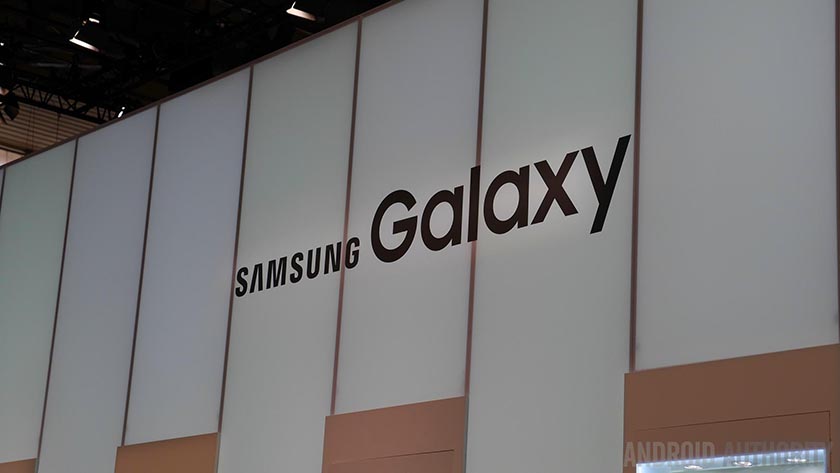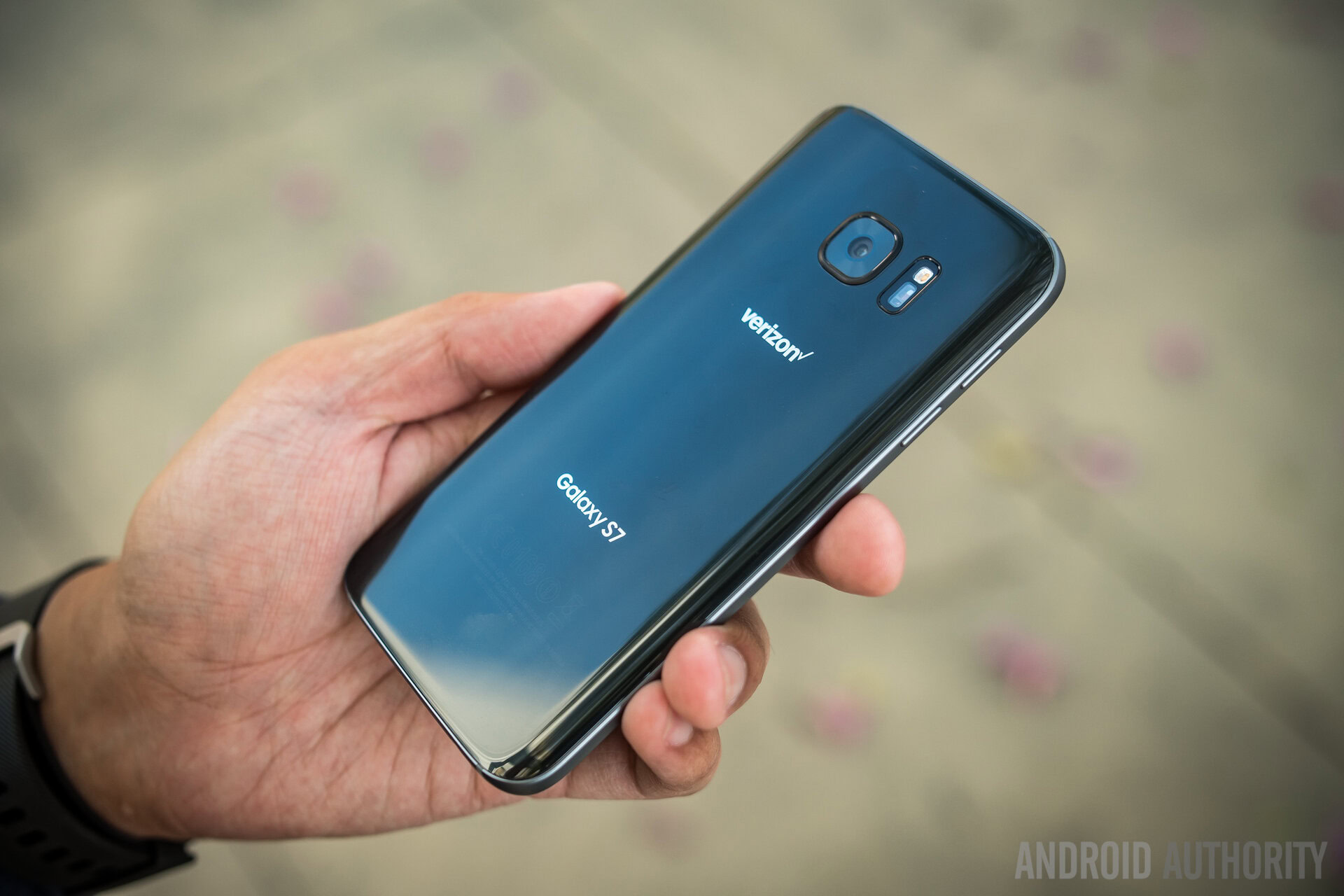Affiliate links on Android Authority may earn us a commission. Learn more.
Samsung said to be manufacturing 10nm Snapdragon 830 processor

According to a report coming out of South Korea, Samsung LSI will be responsible for manufacturing Qualcomm’s upcoming Snapdragon 830 chipsets. Very much like the rumored Exynos 8895, Snapdragon 830 will be built using the 10nm fabrication process and will be used in at least some Galaxy S8 units – presumably Chinese and US devices.

Last month, we reported that the upcoming Galaxy S8 might have the 10nm Exynos 8895 processor with Mali-G71 GPU, and it is said that the yet-to-be-unveiled Snapdragon 830 processor will also be built on the 10nm process. The new 10nm process should result in better performance and energy efficiency, and smaller chipsets mean more room for things like battery.
And rumor has it, just like Snapdragon 820, Samsung will be working with Qualcomm to manufacture those chipsets later this year, which will eventually come to the highly anticipated Galaxy S8.
According to ETNews, it’s a win-win situation for both companies:
When Samsung decided to use its own chipsets instead for the Galaxy S6, Qualcomm reported a 4.5% decrease in year-to-year earnings. Samsung decided to employ Qualcomm’s chipsets again this year with the Galaxy S7 because Qualcomm agreed that the 14nm chipsets will be manufactured by Samsung… The production of Snapdragon 830 chipsets will be under similar conditions.
Qualcomm and Samsung are reportedly in the process of developing what is called the Fan out Panel Level Package (FoPLP). Similar to TSMC’s Integrated Fan Out technology found in Apple’s A10 chipset, FoPLP will eliminate the need for printed circuit boards. This means that production costs will go down, increasing input and output ports will be easier, and ultimately, devices could be thinner. However, ETNews mentions that if the yield rate ends up being too low, the two companies may find a third party for Outsourced Semiconductor Assembly and Test services.
Whatever the case may be, if rumors are true, the Galaxy S8 sounds like it will be one heck of a beast. Are you excited for the Galaxy S8? What features do you want to see in Samsung’s upcoming flagship? Let us know by leaving a comment below!